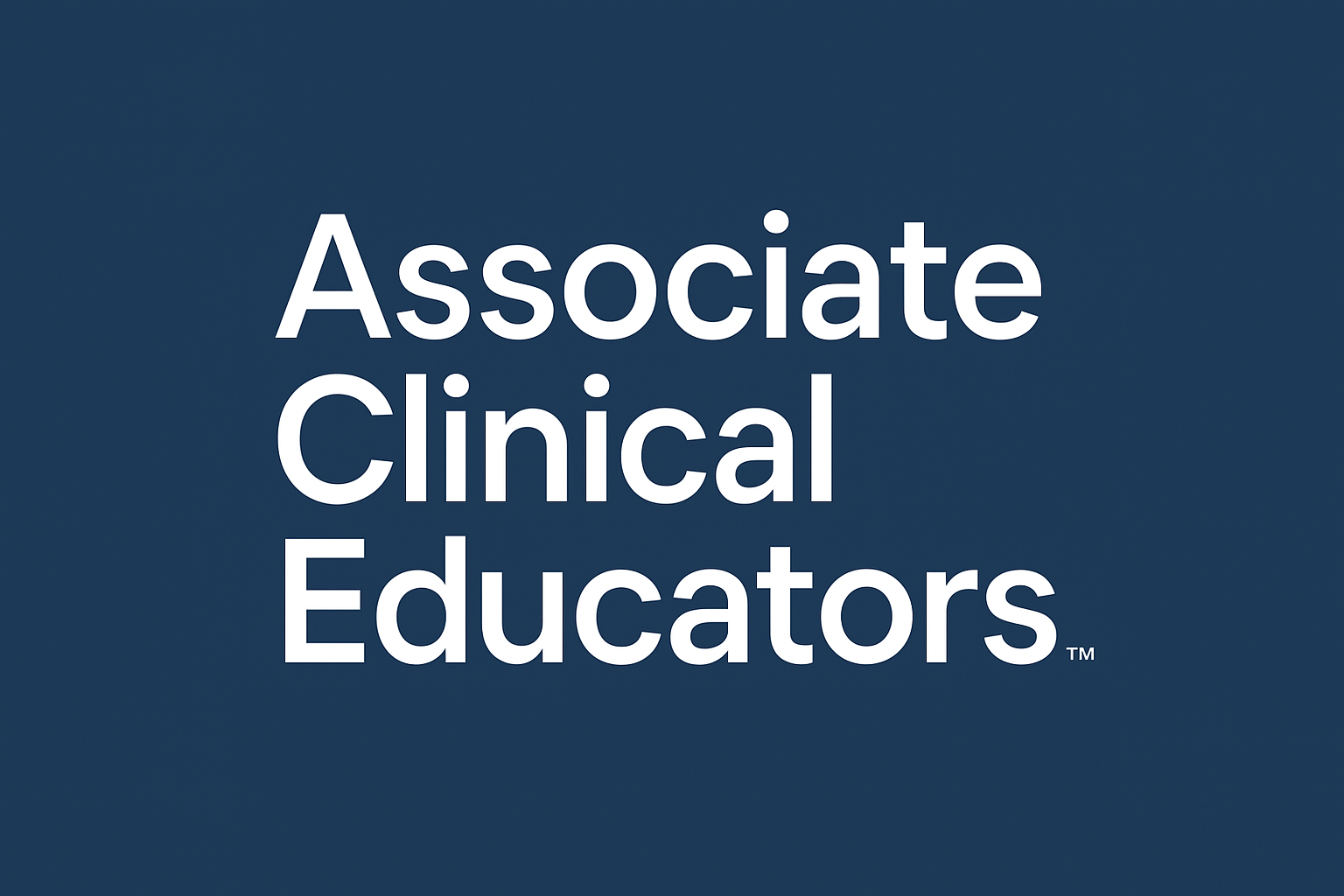A Note of Thanks From Meducate Academy — A Moment of Reflection
A Note of Thanks From Meducate Academy — A Moment of Reflection As the year draws to a close, it...
Read Moreby R Spour | Dec 11, 2025 | Associate Clinical Educators, Matt Chapman, Meducate Academy | 0 |
A Note of Thanks From Meducate Academy — A Moment of Reflection As the year draws to a close, it...
Read Moreby R Spour | Jul 15, 2024 | Associate Clinical Educators, Birmingham University, Chester University, Cliniskills | 0 |
Meducate Academy’s summer season is a hive of activity, focused on preparing for the...
Read Moreby R Spour | May 28, 2024 | Associate Clinical Educators, Meducate Academy | 0 |
Meducate Academy – Reflecting on Our Recent Achievements and Future Goals in Medical...
Read Moreby R Spour | Jun 30, 2021 | Associate Clinical Educators, Meducate Academy | 0 |
Meducate Academy have been working tirelessly with a view to creating more high quality ACEs, to help with the growing interest in the role we play. There seems to be a shortage of high quality ACEs and as our workload seems to...
Read Moreby R Spour | Dec 16, 2020 | Associate Clinical Educators, Meducate Academy | 0 |
What a great week we have had this week. We started the week with a mixture of Summative OSCEs for The University of Chester and ended the week with a long day of filming MSK examination procedures for The University of...
Read Moreby R Spour | Oct 12, 2020 | Associate Clinical Educators, Meducate Academy | 0 |
A few subscribers have asked me to expand further on the role of the ACE, and this is a transcript of an interview I did with fellow ACE Mark Reynolds a few years ago. It still has relevance today and should answer any questions...
Read More
